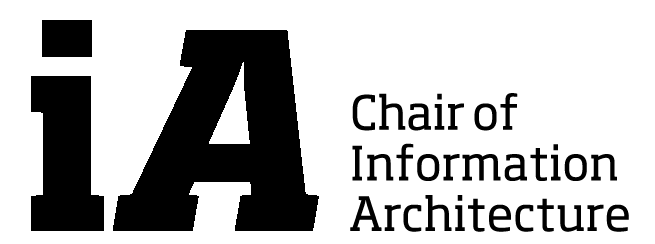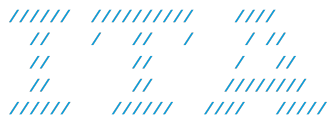L03- Stadtklima und Lebensqualität / Urban Climate and livability (Prof. Jan Carmeliet)
L04_Measuring Urban Microclimate I
Estefania Tapias Pedraza / Measuring Urban Microclimate I
L05_ Measuring Urban Microclimate II
Estefania Tapias Pedraza / Measuring Urban Microclimate II
L05 – Wasser, Ökologie und Lebensqualität / Water, ecology and livability (Dr. Ulrike Wissen)
MOOC III Smart Cities
“Smart Cities” is the third Massive Urban Online Course in a series of MOOCS under the title “Future Cities”. The series aims to bring the latest research results on planning, managing and transforming cities to those places in the world where this knowledge has the highest benefit for its citizens.
HS2017 | Information Architecture and Responsive Cities
The elective course ‘Information Architecture of Cities’ opens a holistic view on existing and new cities, with focus on Asia. The goal is to better understand the city by going beyond the physical appearance and by focusing on different representations, properties and impact factors of the urban system. As course requirement, there will be three short exercises.
FS2018 | Information Architecture and Responsive Cities
The elective course ‘Information Architecture of Cities’ opens a holistic view on existing and new cities, with focus on Asia. The goal is to better understand the city by going beyond the physical appearance and by focusing on different representations, properties and impact factors of the urban system. As course requirement, there will be three short exercises.
HS2018 | Information Architecture and Responsive Cities
The elective course ‘Information Architecture of Cities’ opens a holistic view on existing and new cities, with focus on Asia. The goal is to better understand the city by going beyond the physical appearance and by focusing on different representations, properties and impact factors of the urban system. As course requirement, there will be three short exercises.


